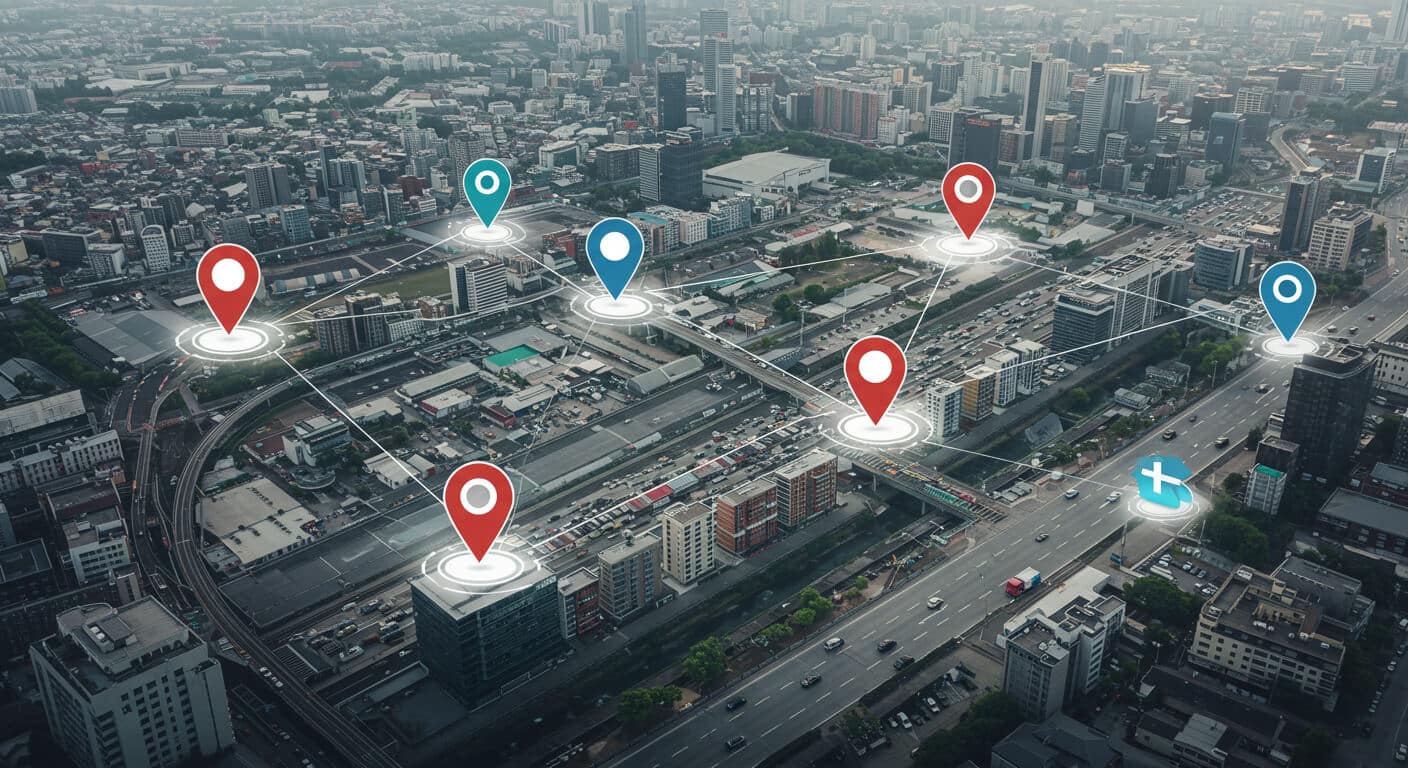
Decentralized Data for Dynamic Route Adjustments: How Communities Improve Maps
Innovative mapping solutions are evolving as user contributions become an essential part of route management. The integration of decentralized Data enables individuals to report local road conditions, accidents, and unexpected obstacles directly into mapping platforms. This approach empowers everyday commuters and community members by giving them a voice in how maps are updated. The process transforms traditional static maps into responsive navigation tools that reflect current circumstances accurately. Developers are continually refining these systems to make them more intuitive and reliable for everyone.
The Role of Decentralized Data in Modern Mapping
Crowd-sourced mapping is transforming navigation by involving local communities in data collection. Regular drivers and pedestrians contribute observations that enhance the quality and precision of route planning. Relying on user reports reduces the delay between incident occurrence and map updates, ensuring that information remains current. By relying on input from individuals on the ground, the system builds a rich database of environmental factors and transit conditions that are often overlooked by automated sensors. This model leverages decentralized Data to validate and complement user input overall system.
Technical Integration of Decentralized Data
Engineers have integrated decentralized Data protocols into modern mapping platforms through secure, distributed networks. This method minimizes the risk of centralized failures and unauthorized data manipulation. The underlying architecture uses blockchain-based verification to ensure each update is authenticated. Many systems incorporate sensors and mobile devices that automatically report conditions, merging traditional inputs with innovative data collection. The integration supports efficient data flows and precise geographic adjustments, ultimately enhancing navigation accuracy and user trust. This seamless integration enables dynamic mapping updates across diverse regions with efficiency.
Enhancing Map Accuracy Through Community Involvement
Community involvement has reshaped mapping services by providing insights that conventional methods overlook. Drivers and pedestrians share real-time feedback on hazards, construction, and congestion. Their input creates maps that are both accurate and responsive. This collaboration reduces delays and enhances safety by swiftly rerouting users. Harnessing decentralized Data, the system refines its updates continuously. In turn, navigation becomes more efficient, ensuring that every journey reflects current road conditions and community observations. Local reports enrich the mapping data with diverse perspectives. These improvements benefit all users.
Benefits of Dynamic Route Adjustments
Dynamic route adjustments offer significant advantages when unexpected obstacles occur. The system recalculates paths by incorporating immediate feedback and sensor inputs. Travelers receive updated directions that avoid delays and hazards. Such timely recalculations improve commute times and reduce stress on drivers. Utilizing decentralized Data, the algorithm identifies optimal detours. With precise adjustments in place, navigators can rely on the platform for safe and efficient travel. Continuous monitoring and rapid data integration ensure that every computed route adapts fluidly to emerging road challenges and traffic conditions.

Data Validation and Reliability
Ensuring the reliability of mapping updates depends on rigorous data validation and error correction. The system cross-checks multiple inputs to verify the authenticity of reported incidents. Real-time feedback loops combine machine learning with human insights to enhance overall performance. Every update undergoes verification before altering navigation routes. Incorporating decentralized Data improves error detection and system trust. This approach minimizes false reports and maintains system integrity. Community contributions further bolster confidence in map accuracy. Continuous system monitoring and regular updates ensure dependable navigation for all users.
MapMetrics: A Pioneer in Decentralized Mapping
At MapMetrics, we harness decentralized Data to enhance mapping technology by integrating blockchain into our core operations as a Decentralized Physical Infrastructure Network (DePIN). This system allows community members to share real-time mapping insights on road conditions and obstacles, with every contribution authenticated and securely recorded to ensure transparency and up-to-date navigation information.
This approach demonstrates how merging crowd-sourced data with blockchain verification can transform urban mobility. By leveraging decentralized Data, our system improves route accuracy, supports resilient transportation planning, and sets a new standard for mapping systems that adapt in real time to evolving road conditions.
結論
Community-driven navigation systems demonstrate a promising shift towards more resilient and adaptive mapping technologies. Integrating user feedback with advanced algorithms creates a robust framework that benefits everyone on the road. This model reduces congestion and fosters greater public trust in mapping services. As urban environments evolve, the synergy between technology and community input remains a cornerstone of transportation planning. Ultimately, these systems exemplify a future where every journey is guided by innovation. Embracing decentralized Data, the industry sets a new standard.


